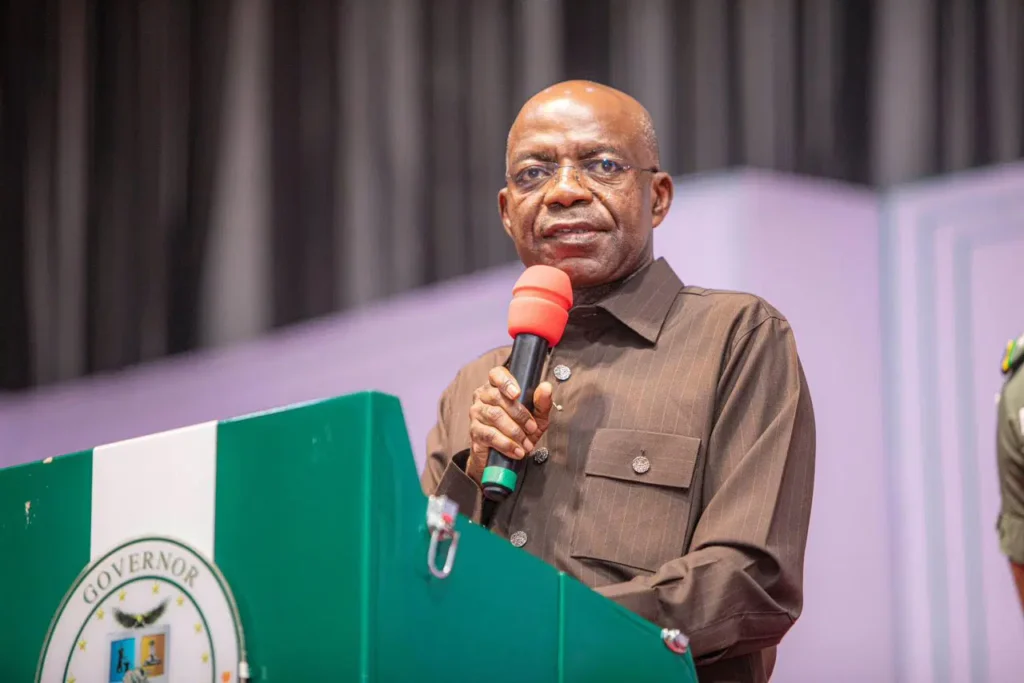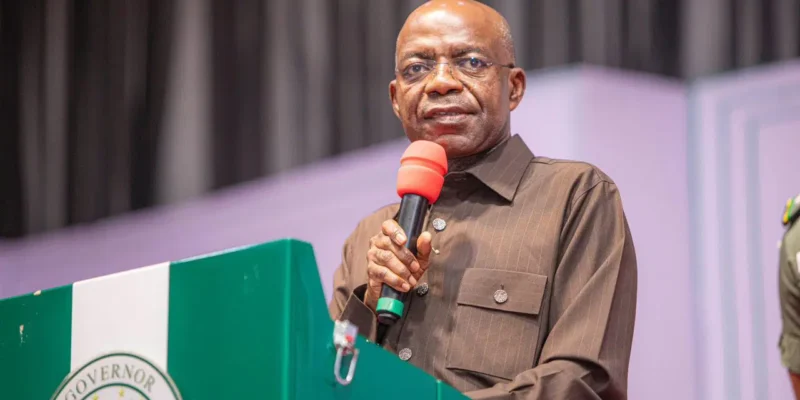
The Abia State Government has issued a stern warning to principals and heads of public schools found flouting its free education policy, even as it prepares to unveil a new economic and business policy framework aimed at promoting Made-in-Abia products.
Commissioner for Information, Prince Okey Kanu, sounded the warning while addressing journalists after this week’s State Executive Council meeting. He reaffirmed the government’s stance on free education from primary to Junior Secondary School 3 (JSS3), adding that Senior Secondary students (SS1–SS3) are only required to pay a subsidized fee of ₦3,300.
He cautioned school administrators against the illegal collection of levies or fees, warning that violators will face stiff penalties, including possible dismissal.
“Government has provided imprest funds for routine expenses. Therefore, there is no justification for any school head to demand unauthorized fees. Offenders will face the full wrath of the law,” Kanu warned.
As part of Governor Alex Otti’s ongoing reforms in the education sector, the Education Reformation and Innovation Team (ERIT) will soon begin training over 2,200 teachers across the state to enhance teaching standards and learning outcomes.
The Commissioner also announced the conclusion of the final phase of the teachers’ recruitment exercise, including certificate verification and oral interviews. Of the applicants, 7,000 candidates who scored 45% and above—alongside 180 persons with disabilities—were shortlisted for potential employment. Candidates with scores between 40% and 44% were placed on a reserve list.
A 30-member panel, including six professors, 16 PhD holders, senior educationists, and experts from Abia-based higher institutions, oversaw the interviews. A sign language interpreter was also present to assist applicants with disabilities.
To further strengthen the education workforce, the state has approved a second phase of teacher recruitment to accommodate those who missed the first round. The move is aimed at building a robust database of qualified educators for future engagement.
In a significant economic shift, Prince Kanu revealed that the state is set to roll out a bold new policy promoting the procurement and consumption of Made-in-Abia products. This policy aligns with aspects of the local content law and is intended to cushion the impact of national and global economic challenges.
“When fully implemented, all goods and services required in the state will be sourced locally. This is a strategic response to inflationary pressures and economic instability,” Kanu said.
He cited Governor Otti’s recent partnership with Ethnorcentrique Limited—an indigenous firm promoting handmade fabrics such as Akwete—as an example of the administration’s commitment to local enterprise.
Kanu emphasized that the upcoming policy framework is designed to stimulate local production, drive job creation, and fortify Abia’s economic resilience by making the state more self-sufficient.

Comments